How to Prepare for an MRI Scan 🏥🧲
-
1️⃣ Before the Scan
✅ Medical History Check:
- Inform your doctor if you have implants, pacemakers, metal fragments, or claustrophobia—some metals can interfere with the MRI.
- Mention any kidney problems if you're getting a contrast MRI (dye injection).
✅ Clothing & Accessories:
- Wear loose, comfortable clothing without metal zippers, buttons, or underwire.
- Remove all jewelry, piercings, hairpins, and eyeglasses—metal objects can be hazardous.
✅ Fasting:
- Usually not required, but if contrast dye is used, you may need to avoid food & drinks for a few hours.
- If sedatives are prescribed (for anxiety/claustrophobia), you may need to fast for a short period.
✅ Medications:
- Take your usual medications unless instructed otherwise.
- If you're pregnant or breastfeeding, inform your doctor before the scan.
-
2️⃣ During the Scan
✅ Arrival & Check-in:
- You may be asked to change into a hospital gown.
- If a contrast MRI is needed, you might get an IV injection of contrast dye.
✅ Inside the MRI Machine:
- You’ll lie still on a table that slides into the scanner.
- The machine is noisy (loud knocking or humming sounds), so you may get earplugs or headphones.
- The scan takes 30-90 minutes, depending on the area being examined.
- You can communicate with the technician via an intercom if needed.
-
3️⃣ After the Scan
✅ Normal MRI: No downtime, you can resume daily activities immediately.
✅ With Contrast Dye: Drink plenty of water to flush out the dye.
✅ If Sedation Was Used: You’ll need someone to drive you home.Getting Your MRI Results
📋 How Long Does It Take?
- Radiologists analyze your images and send a report to your doctor within a few hours to a few days (varies by facility).
- If urgent, results may be available immediately or within 24 hours.
📞 Follow-Up Appointment
- Your doctor will review the results and discuss the next steps, which may include:
frequently asked questions
MRI Scan FAQs
What is an MRI scan used for?
MRI scans help diagnose conditions related to the brain, spine, joints, organs, and blood vessels. They are commonly used to detect tumors, injuries, infections, and neurological disorders like multiple sclerosis or stroke.
Is an MRI scan painful?
No, an MRI scan is painless. However, you may feel discomfort from lying still for an extended period or from contrast dye injection (if required).
How long does an MRI scan take?
MRI scans typically last 30–90 minutes, depending on the body part being examined and whether contrast dye is used.
Can I eat or drink before an MRI?
Regular MRI: No fasting required.
MRI with contrast dye: You may need to avoid food/drinks for 4–6 hours before the scan.
Can I have an MRI if I have metal implants?
It depends on the type of metal. Some implants (like pacemakers, cochlear implants, or metal fragments) may interfere with the MRI machine. Always inform your doctor about any implants before the scan.
Is an MRI safe during pregnancy?
MRI scans are generally safe during pregnancy, but they are usually avoided in the first trimester unless absolutely necessary. If contrast dye is needed, your doctor will assess the risks.
What if I'm claustrophobic?
Ask about an open MRI (available at some facilities).
You may be given a mild sedative to help you relax.
Listening to music or using an eye mask can also help.
How do I get my MRI results?
A radiologist analyzes the scan and sends a report to your doctor.
Results are usually available within a few hours to a few days.
Your doctor will discuss the findings and next steps with you.
Can I drive after an MRI?
Yes, unless you were given sedation. If sedated, arrange for someone to drive you home.
What should I do if I feel unwell after an MRI?
If you experience allergic reactions (rash, difficulty breathing) after contrast dye, seek medical help immediately.
Mild side effects like headache or nausea usually resolve on their own.
